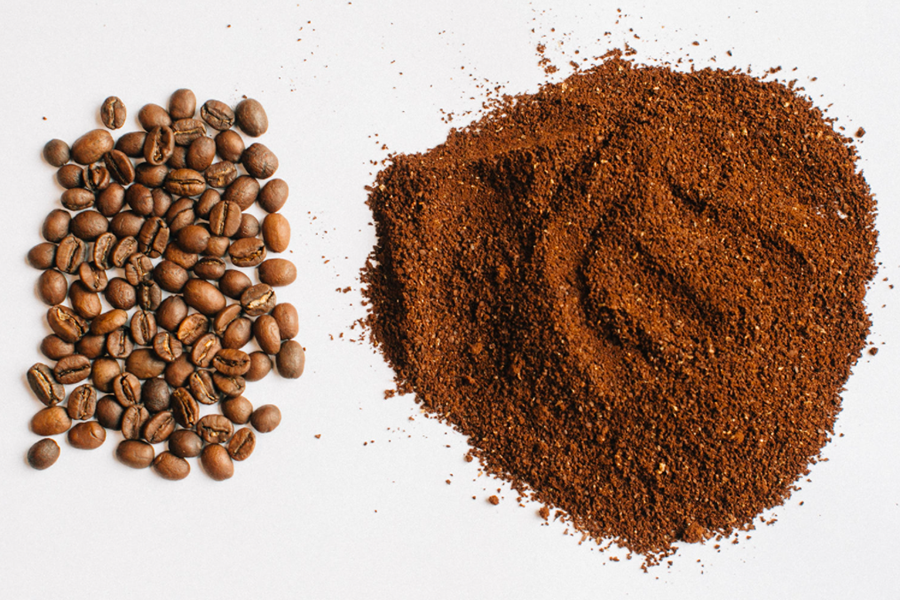coffee knowledge
The Truth About Using Coffee Grounds for Plants
Learn about the benefits and drawbacks of using coffee grounds for plants, and find out whether it’s a good idea for your garden.
Coffee is a staple in many households, and as a result, there is often a lot of coffee grounds left over. But what do you do with all of those leftover coffee grounds? Many people choose to use them in their gardens as fertilizer, but is this a good idea?
“The Pros of Using Coffee Grounds for Plants”
- Nitrogen: Coffee grounds contain nitrogen, which is an essential nutrient for plant growth.
- Acidity: Coffee grounds are acidic, which can be beneficial for plants that prefer a more acidic soil, such as blueberries and roses.
- Organic matter: Coffee grounds add organic matter to the soil, improving its structure and water-holding capacity.
“The Cons of Using Coffee Grounds for Plants”
- Salts: Coffee grounds can contain salts, which can build up in the soil over time and become toxic to plants.
- Mold: Wet coffee grounds can attract mold, which can be harmful to plants.
- Caffeine: While caffeine is not toxic to plants in small quantities, it can be harmful if used in large amounts.
“The Bottom Line”
Using coffee grounds for plants can have its benefits and drawbacks. On the one hand, coffee grounds contain nitrogen and are acidic, which can be beneficial for some plants. On the other hand, coffee grounds can contain salts and mold, and can be harmful if used in large amounts. As with any type of fertilizer, it’s important to use coffee grounds in moderation and to do your research to determine whether it’s a good fit for your garden.
Using coffee grounds for plants can be a good idea, but it’s important to do your research and use them in moderation. Coffee grounds contain nitrogen and are acidic, which can be beneficial for some plants. However, they can also contain salts and mold, and can be harmful if used in large amounts. Before using coffee grounds in your garden, consider the benefits and drawbacks, and determine whether it’s a good fit for your plants.

